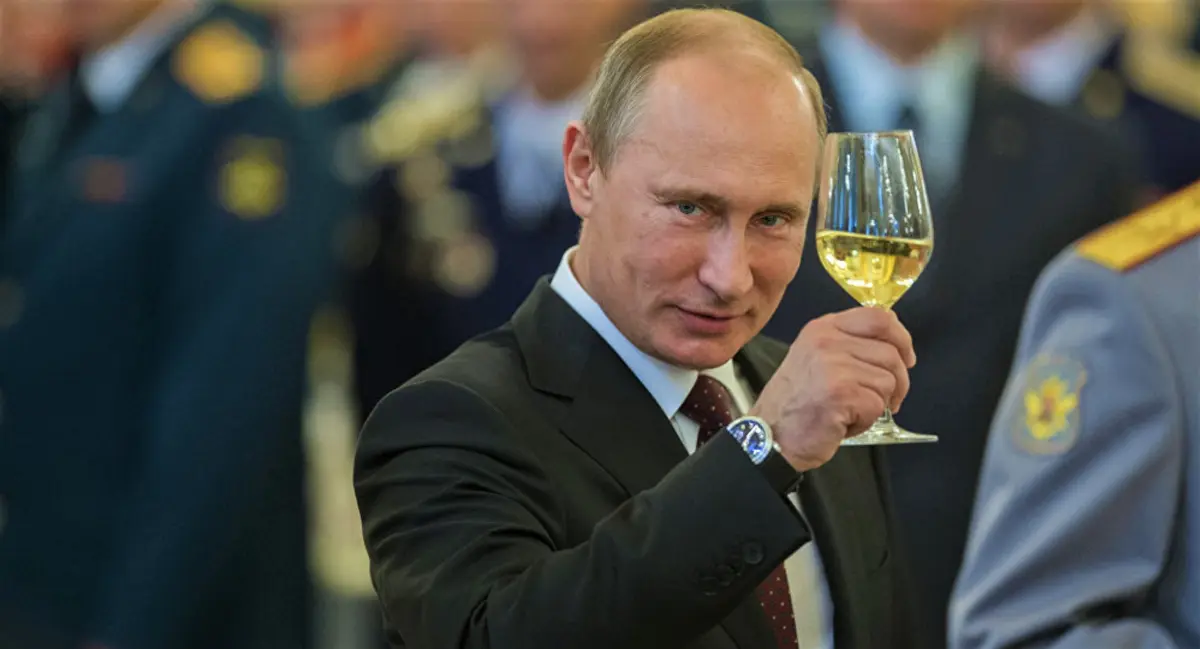
Do you want to access to this and other private contents?
Log in if you are a subscriber or click here to request service
Russian embargo still affects made in Italy agri-food exports
Navalny case, new sanctions on the way

Made in Italy agri-food exports to Russia have lost over 1.3 billion in the last six and a half years
hef - 17474
EFA News - European Food Agency
EFA News - European Food Agency